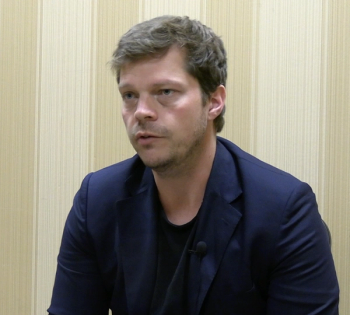
Innovative AOX/TOX for Environmental Monitoring
Webinar Date/Time: Thu, Jun 8, 2023 11:00 AM EDT
Are you analyzing organic halides in environmental samples or planning to do so? Join this webcast to learn about state-of-the-art instrumentation and different analytical techniques to maximize your lab’s performance.
Register Free:
Event Overview:
This webcast will demonstrate and compare different techniques for the analysis of organic halides in diverse environmental samples with emphasis on the parameters AOX/TOX, EOX and TX. Various instrumental solutions, optimized for different usage scenarios, will be presented to provide current and future analysts with the knowledge required to make informed purchasing decisions and use their instruments efficiently. The award-winning APU28connect AOX sample adsorption system will be highlighted.
- Horizontal vs. vertical combustion mode comparison
- Flame-sensor optimized combustion of organic matrices
- SPE-AOX for samples with high inorganic halide content
- Flexible, high throughput sample prep with the AUP28connect
Key Learning Objectives:
- Choosing the right analysis technique for your samples
- Stay up to date on modern analyzer technology.
- Increase your laboratory’s efficiency.
Who Should Attend:
- Analysts and lab managers working in environmental analysis
- Current users of halide analyzers
- Decision makers planning to acquire a halide analyzer
Speaker:
Oliver Buettel
Product Manager
Analytik Jena US
Mr. Buettel started his career with Analytik Jena in 2006 as an application specialist for atomic spectroscopy at the headquarters in Jena, Germany. Since then, he has taken various roles in the spectroscopy department and in product management. In 2017, he moved to the United States to support the growth of the North American organization with his expertise. As the Product Manager of North America, he also manages the Analytik Jena US Application Lab in Houston, Texas.
Register Free:
Newsletter
Get essential updates on the latest spectroscopy technologies, regulatory standards, and best practices—subscribe today to Spectroscopy.


